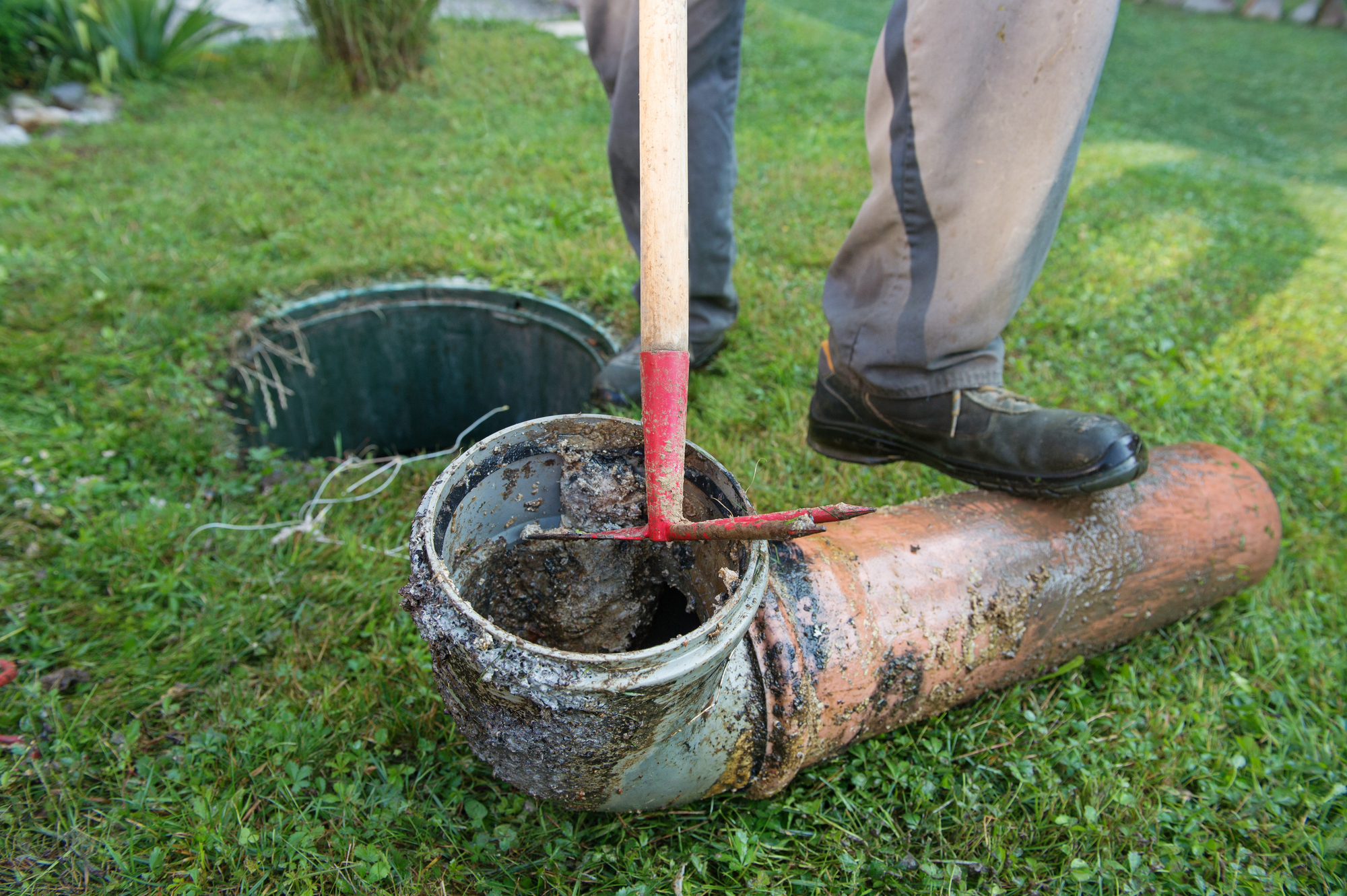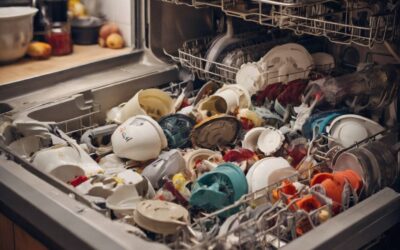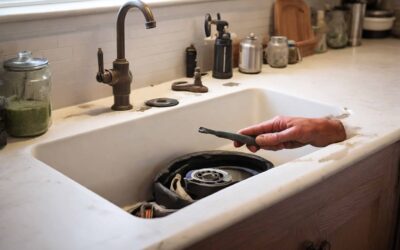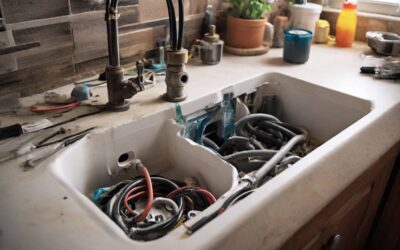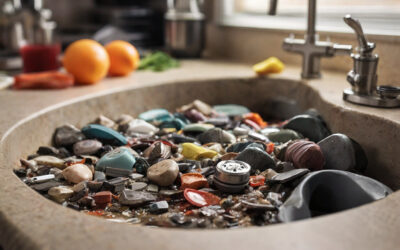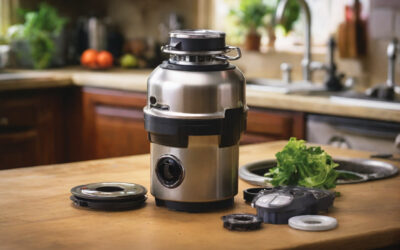Floor drains play an imperative role in the functionality of a residential plumbing system. They are installed in living spaces, basements, garages, and laundry rooms and are useful in preventing flooding. But choosing the right floor drain for your home can be challenging, especially with a wide range of drainage systems in the market.
As a plumber, it’s important to ensure that you choose the right floor drain and install it correctly to avoid future plumbing problems. In this guide, we will explore the different types of residential floor drains and tips on how to install them correctly.
Types of Residential Floor Drains
1. Gravity Drains
Gravity drains are the most common type of floor drain used in residential properties. They are designed to work based on gravity, which means that wastewater flows along with the natural slope of the pipeline. Gravity floor drains are less expensive and require minimal maintenance, making them the ideal choice for residential properties.
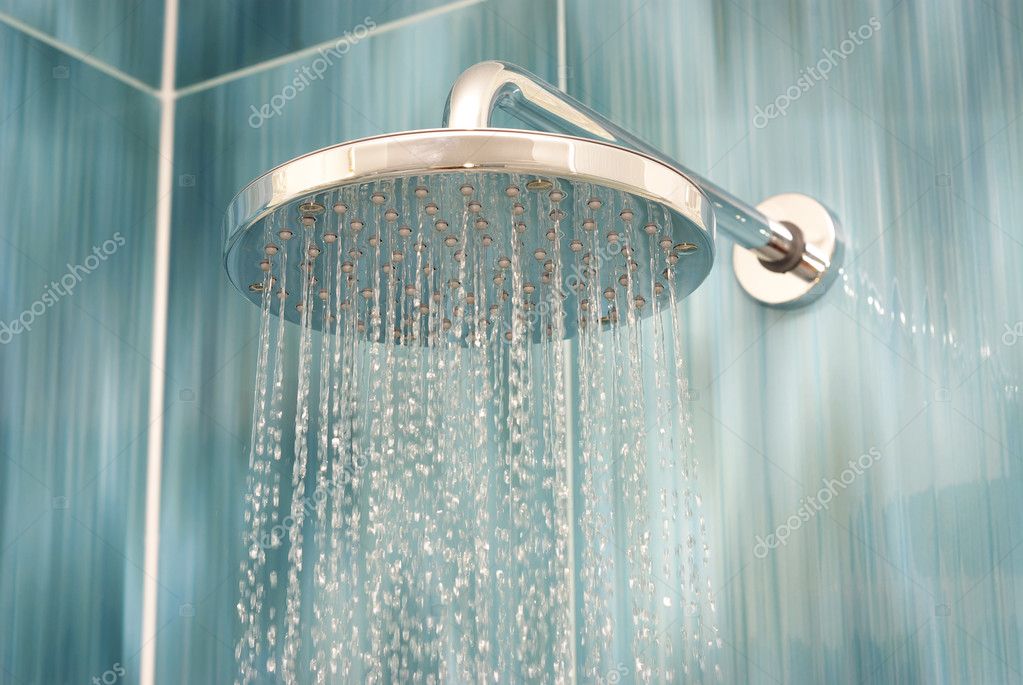
2. P-trap Floor Drains
A P-trap floor drain is designed with a U-shaped pipe that holds a small amount of water to prevent sewer gas or pests from entering your home. The P-trap floor drain requires less cleaning and maintenance, thanks to its self-cleaning feature.
3. Stand Pipe Floor Drain
A standpipe floor drain is a cylindrical, vertical pipe that is often used to prohibit flooding in low-lying areas or basements. They are designed to control the amount of water that flows through the drain, ensuring that water doesn’t overflow and cause damage to the basement or low-lying area.
4. Shower or Trench Floor Drains
Shower or trench floor drains are designed to collect wastewater from showers or other floor surfaces that experience high volumes of water flow. They are often installed in bathrooms, pool decks, and laundry rooms, and their narrow profile makes them easily concealed in the floor.
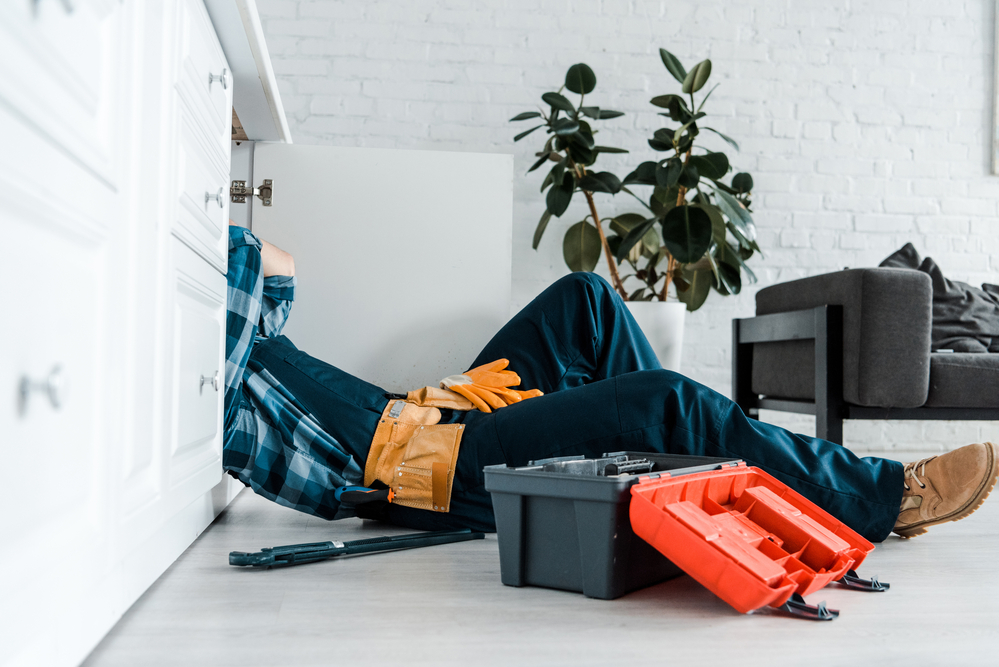
Tips on Installation
1. Choose the right size and location
One of the most crucial parts of installation is choosing the right size and location for the floor drain. It’s important to ensure that the floor drain is the right size and can accommodate the anticipated water volume to avoid backups. Choosing the right location for installation is also important because it can impact the functionality of the system.
2. Install the drain according to the manufacturer’s instructions
Floor drains are often sold with installation guidelines or instructions. It’s important to follow the instructions to avoid installation issues that can impact the functionality of the drain. The instructions will also provide detailed information on how to connect the drain to the plumbing system.
3. Proper drainage slope
Another crucial part of installation is ensuring that the drain is sloped correctly. The drain should be sloped towards the plumbing system to allow wastewater to flow smoothly. Proper drainage slope is important in preventing backups and ensuring that the floor drain functions effectively.
4. Seal the drain tightly
Improper sealing of the drain can lead to water infiltration, causing flooding in living spaces. It’s important to ensure that the drain is tightly sealed, preventing water from leaking or infiltrating through the sides.
Conclusion
Residential floor drains serve as an essential tool in preventing flooding and ensuring that wastewater flows smoothly within the plumbing system. As a plumber, it’s important to choose the right type of floor drain and install it correctly to avoid future plumbing problems.
When installing a floor drain, factors such as size, location, proper slope, and tight sealing should be taken into consideration. Following the manufacturer’s instructions and seeking professional advice can also be helpful in ensuring that the installation process is done correctly.
If you’re having trouble deciding the best floor drain option for your residential property, don’t hesitate to contact a certified plumber. They will provide you with the necessary guidance and tips on choosing the right floor drain that suits your needs.

